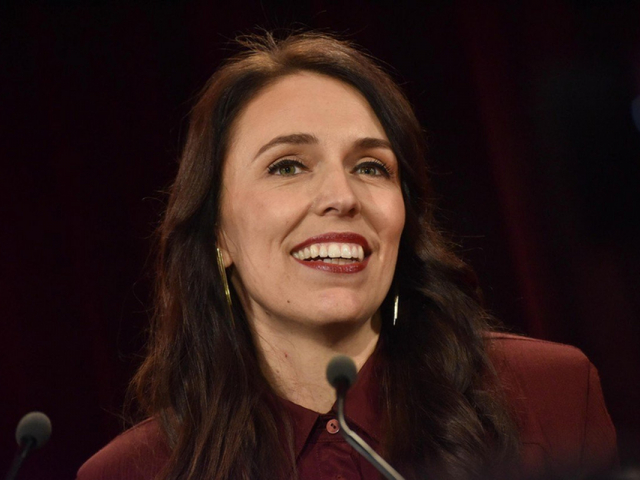
Jacinda Ardern
Jacinda Ardern became the head of New Zealand’s government at the age of 37 in 2017. She is the country’s youngest prime minister in 150 years. She won the hearts of New Zealanders rather quickly, bringing with her the term “jasindomania”. As recent polls show, the country’s citizens still support the national leader and approve of her policy. Jacinda Ardern advocates for the reduction of poverty and the expansion of social guarantees in New Zealand. A significant increase in maternity leave is considered to be one of her achievements.
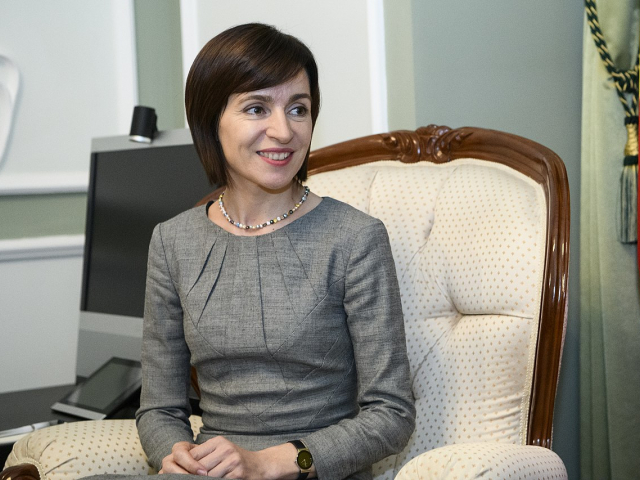
Maia Sandu
Maia Sandu had solid political experience long before she became the president of Moldova. Over the years, she has served as the country's minister of education, member of the parliament, and prime minister. Sandu won the presidential election on the second attempt in 2020. Moldova’s leader is actively fighting against corruption in the country. Moreover, she is dedicated to reviving the labor market. As for her foreign policy, Maia Sandu stands for Moldova’s integration with the European Union, the re-establishment of cordial relations with the United States, and the resumption of cooperation with the International Monetary Fund.
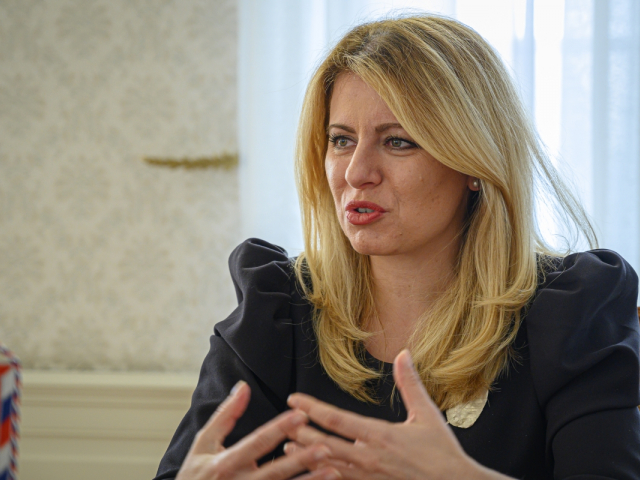
Zuzana Čaputová
In 2019, Slovakia elected a female president for the first time since its independence. Zuzana Čaputová became the country’s leader at the age of 45. She is known for being a lawyer, the deputy head of the local government of the town of Pezinok, and a social activist. Moreover, she is a renowned environmental activist. It took Zuzana Čaputová over a decade to stop the construction of a toxic landfill in her hometown. As the president, she continues to promote environmental initiatives but already at the state level.
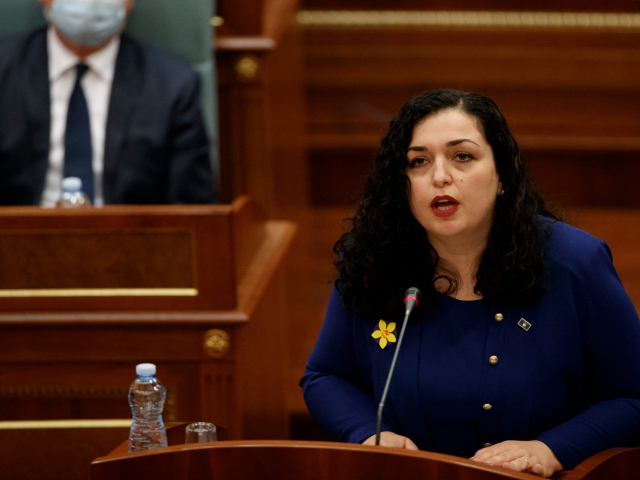
Vjosa Osmani
Vjosa Osmani, 40, has served as the president of Kosovo for two years now. Before taking office, she also was an acting president for six months. By the way, Vjosa Osmani is the second woman to sit in the presidential chair. Between 2011 and 2015, Atifete Jahjaga ran the self-proclaimed country as the first female president. Both women studied law at the University of Pristina, US. When sworn in, Vjosa Osmani pledged to help strengthen the country’s rule of law.
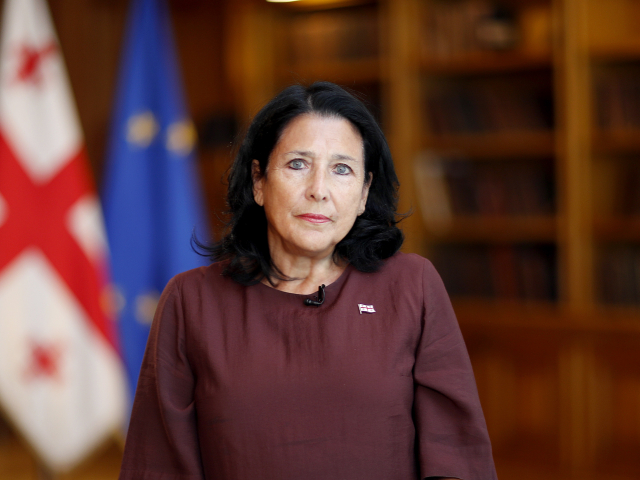
Salome Zurabishvili
Salome Zurabishvili, a former diplomat, became the president of Georgia in 2018. She is the first woman in the country’s history to occupy this dominant position. In the course of her presidential campaign, Zurabishvili focused on Georgia's integration with the European Union and accession to NATO. Georgia has not become a member of either NATO or the EU yet. Still, its current president has time to implement all her plans until the country’s next election due in 2024.

Katerina Sakellaropoulou
The victory of Katerina Sakellaropoulou in the 2020 Greek presidential election became a momentous event. The country boasting such a long history has never been led by a woman before. In fact, Katerina Sakellaropoulou knows how to break the mould. In 2018, she became the president of the Council of State, the highest administrative court of Greece. As the president of Greece, the former judge focuses on solving the country's most crucial issues: economic growth, employment, and support for its most vulnerable.
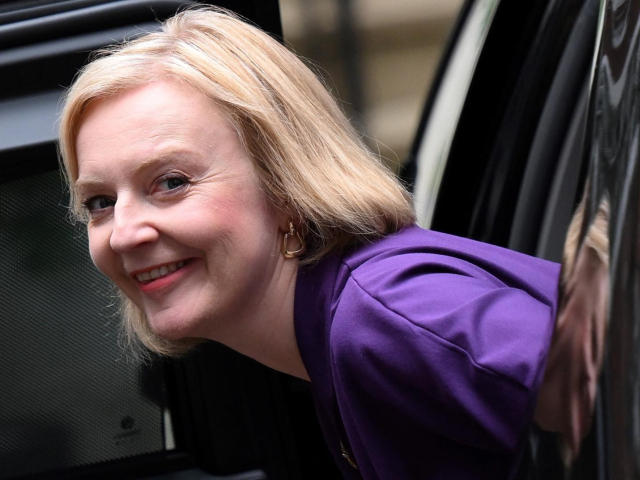
Elizabeth Truss
As for the most recent appointment of a female head of state, it took place in the United Kingdom. Liz Truss, 47, a former foreign secretary, was elected the new UK prime minister this fall. In the course of the election campaign, Truss pledged to significantly reduce the tax burden on UK citizens on day one if elected. However, her initiative has sparked a serious backlash from the government. Now Liz Truss risks losing her role as the prime minister facing a pile of letters of no confidence.
 English
English 
 Русский
Русский Bahasa Indonesia
Bahasa Indonesia Bahasa Malay
Bahasa Malay ไทย
ไทย Español
Español Deutsch
Deutsch Български
Български Français
Français Tiếng Việt
Tiếng Việt 中文
中文 বাংলা
বাংলা हिन्दी
हिन्दी Čeština
Čeština Українська
Українська Română
Română
